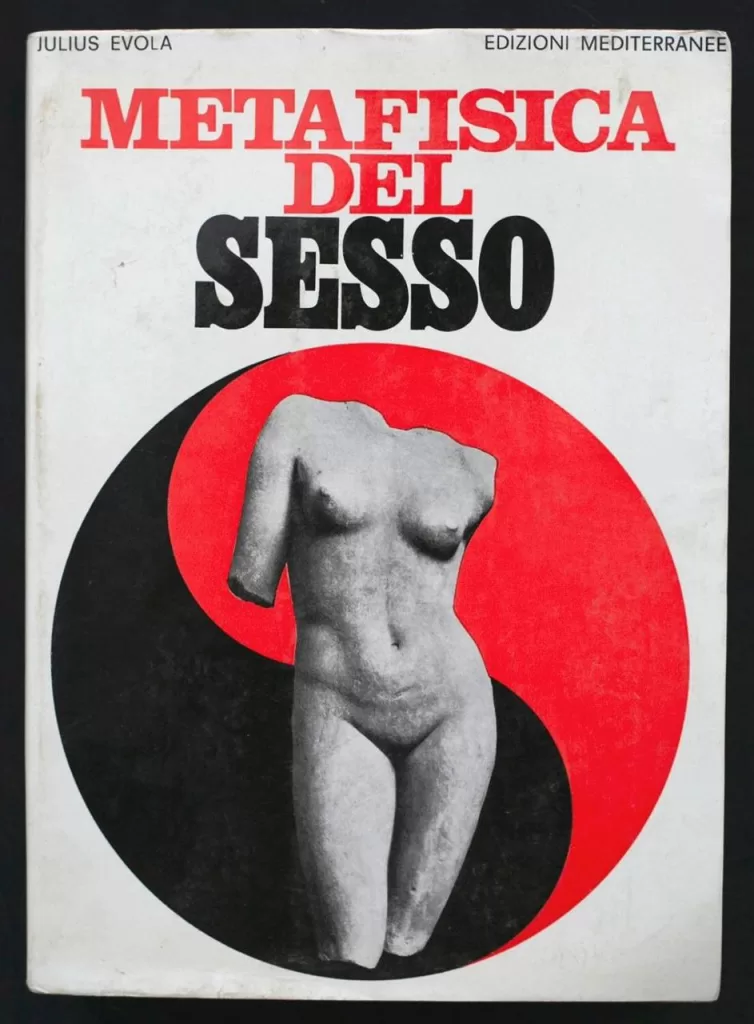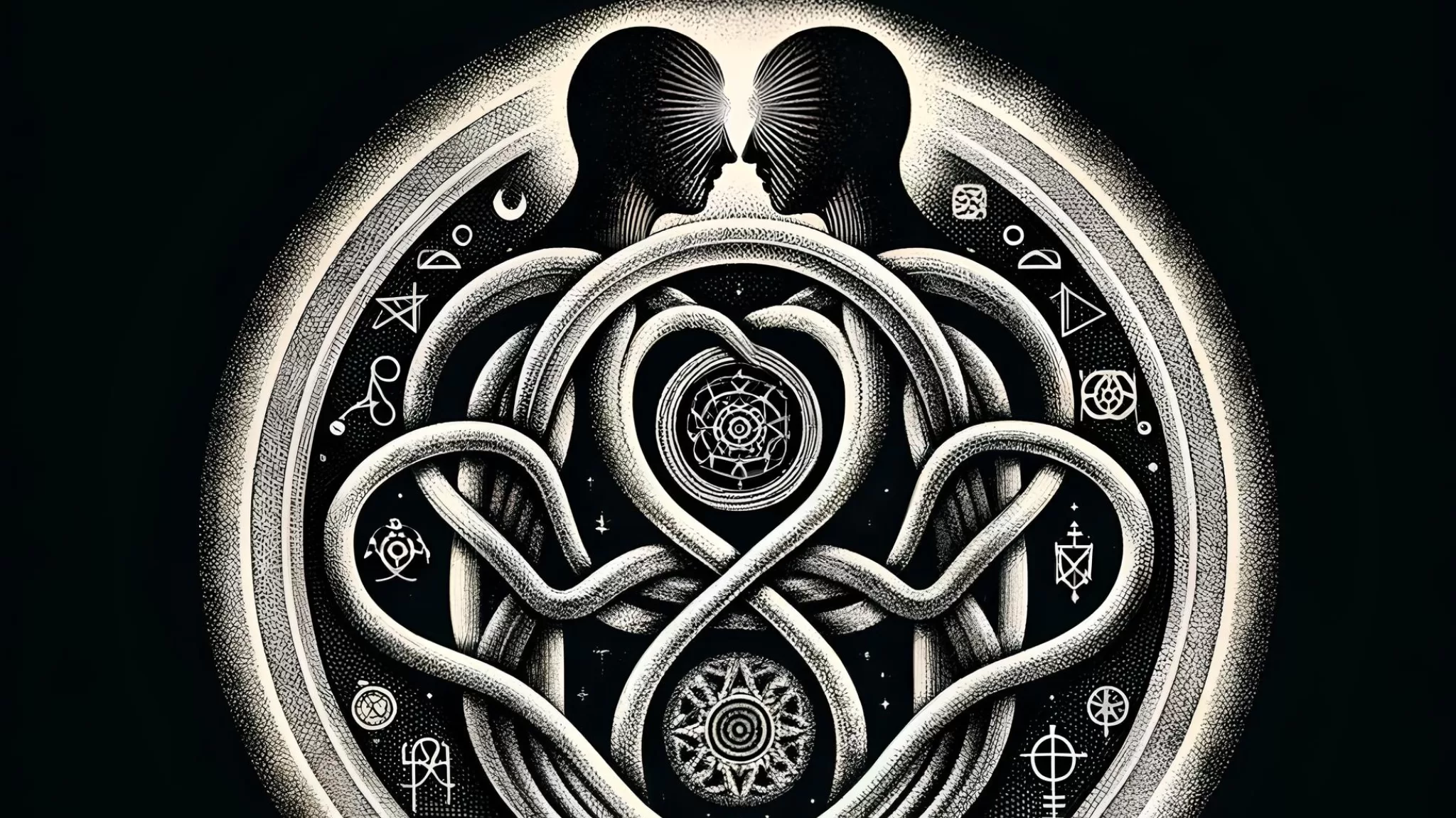The Italian traditionalist Julius Evola left a colossal legacy, having spoken out, probably, on all issues of existence that are of any importance. The thinker did not ignore such a significant area of life as intersexual relations. In his work The Metaphysics of Sex (1958), Baron Evola analyzed the problems of sexuality through the prism of esoteric traditions and teachings. One of the most striking passages in this book concerns the Evolian explanation of what love is. Moving from a description of the rough, carnal, primitive physical forms of eros to the metaphysical doctrine of sex, Evola dwells on the phenomenon of “magnetism of love,” arguing that it can only be explained “from itself.” Citing as an example the Far Eastern understanding of the connection between a man and a woman as the activation of the “immaterial energy of ching” and the Renaissance idea of “love fever,” the Baron writes:
We can safely speak simply about the ‘magnetic state.’ K. Moclair explains precisely this state of hyperesthesia of lovers — neither carnal nor spiritual, but both together, which turns out to be completely independent of current morality. Magnetic foundations, the only true ones, remain secret; sometimes the lovers themselves do not notice them: if you ask them about the ‘reasons’ for their love, they refer to random coincidences, which, in fact, are unconsciously subject to invisible laws. A man loves a woman not because she is beautiful, desirable, smart, or graceful, and not out of pure lust. All these explanations explain nothing. He loves because he loves, beyond any logic — this is a sign of the ‘magnetism’ of love.
In other words, it is the magnetism inherent in eros that becomes the true basis of any love, which can be platonic, material-physical, or a combination of these two types. The loss of this natural magnetism leads to the cessation of a genuine love connection between a man and a woman, which transcends sentimental romanticism. According to Evola, love magnetism arises spontaneously, and what happens next “depends on ourselves.” One way or another, this is a question that significantly exceeds the material and physical plane.
In the same work, Evola writes:
If physical contact is simply a manifestation of the power of pure polarity, then the action of two fantasies brings precisely ‘exaltation’ and one or another degree of change in consciousness. It is on this that operative sexual magic is based.
In our dark time of a purely physical, biological attitude to love, the deep look of Julius Evola helps to remember the more sublime, initiatory aspect of this phenomenon of life.










